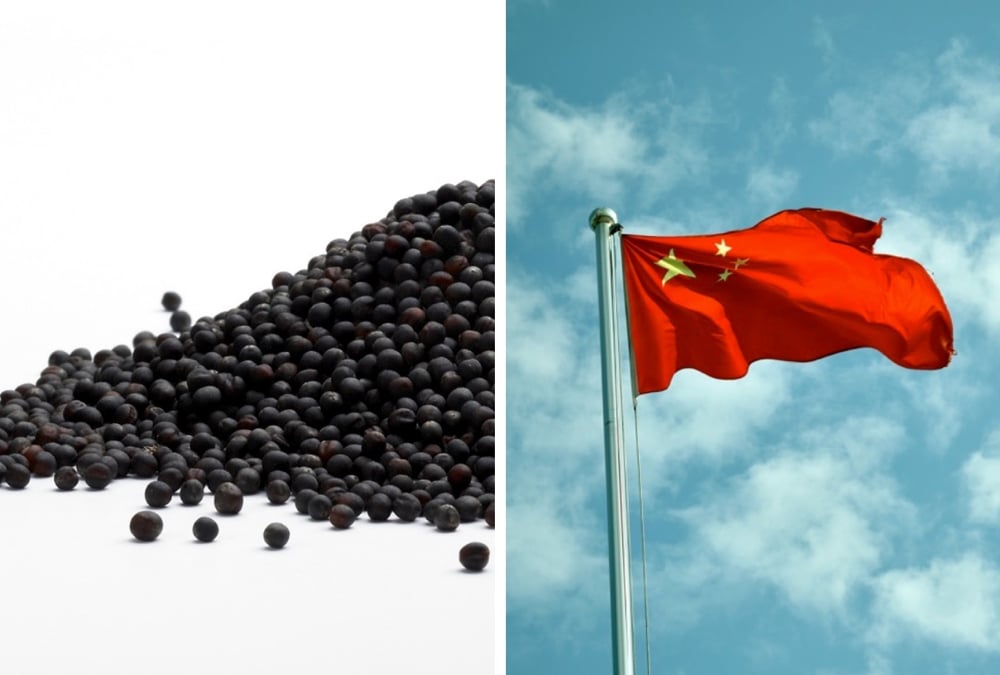Chinese buyers slash Canadian canola imports on fears of anti-dumping duty

Singapore/Beijing | Reuters—Chinese importers are scaling back purchases of Canadian canola with shipments from December likely to plunge as most buyers are reluctant to sign new deals for fear that Beijing could impose retaliatory anti-dumping duties.
The canola trade between the two countries is worth about $2 billion (C$2.81 billion) a year, but lower imports by China, the world’s biggest canola importer, could further squeeze ICE canola futures RSF5, which have dropped more than 10 per cent in the past month.
China has sufficient canola supply for the coming months, but Canadian oilseed farmers face a double whammy as its reduced buys coincide with import tariff threats by U.S. President-elect Donald Trump, including canola, traders and analysts said.
Read Also

World Soil Day celebrates critical resource
December 5 marks World Soil Day, a day set aside by the United Nations Food and Agriculture Organization to celebrate…
“China has yet to impose any duties but it already has a desired impact as buying of Canadian canola has come to a standstill,” said a trader with an international company that sells oilseeds to China.
“As of now, supply of canola in China is sufficient, with large imports in the past months.”
Oilseed buyers in China have been shipping Canadian canola at a record pace since September to take delivery of cargoes contracted before Beijing unveiled an anti-dumping investigation into Canadian imports of the oilseed, in retaliation to Ottawa’s tariffs on Chinese-made electric vehicles.
Buyers in China have booked to ship just about 250,000 metric tons of Canadian canola, also called rapeseed, for December shipment, two Singapore-based oilseed traders said, after taking around 500,000 tons in November and 863,000 tons in October.
“Buyers have been busy ensuring they ship the cargoes booked before Beijing’s announcement and before actual duties come into force,” the second trader said.
Canola is crushed to produce cooking oil and other products, including renewable fuels, and meal for animal feed.
China also has plentiful supplies of soybeans to bridge any shortfall in availability of canola, however, traders said.
“Some domestic rapeseed crushing plants have been forced to change to crush soybeans,” said Gan Quankun, director of agriculture products with trading company Zhangchiyoudao Asset Management in the commercial hub of Shanghai.
“Mainly because you (importers) are worried about policy risks, so you don’t dare to import rapeseed.”
While Chinese crushers are switching, retail demand for canola oil is likely to persist as many consumers prefer it to alternatives, despite its higher price.
China has enough stocks of canola to last until February, traders said, with buyers likely to switch to other origins, including Australia, in 2025.
China imported 5.074 million metric tons of canola between January and October this year, up from 4.27 million a year ago, customs data shows. That includes 4.84 million tons from Canada, 184,555 tons from Russia and 46,366 tons from Mongolia.
—Additional reporting by Ed White in Winnnipeg
Source: Farmtario.com

